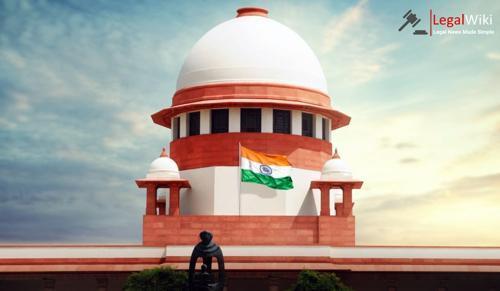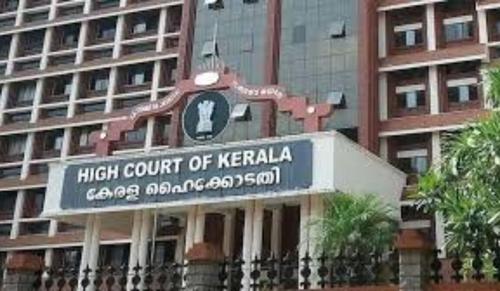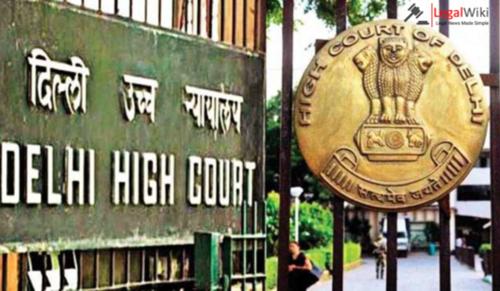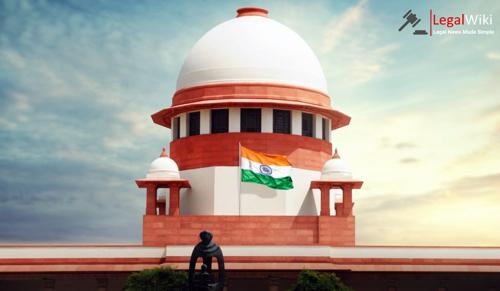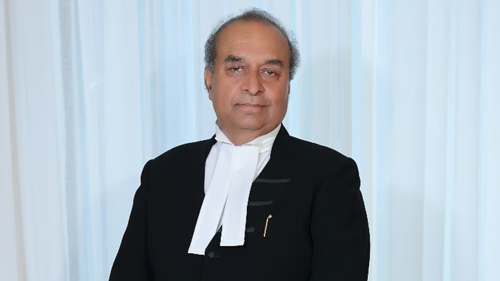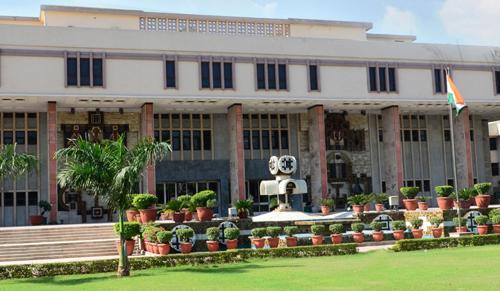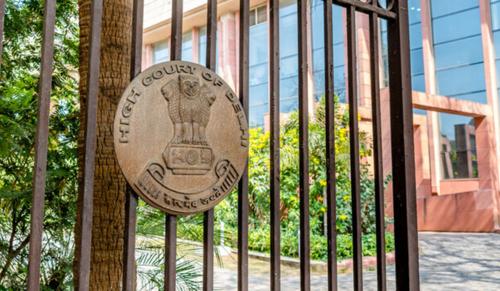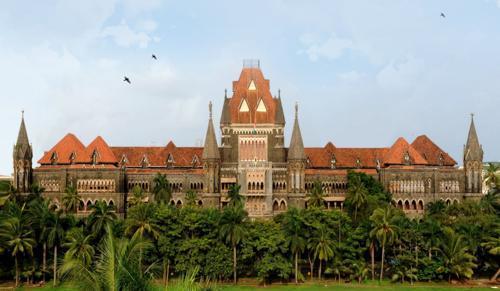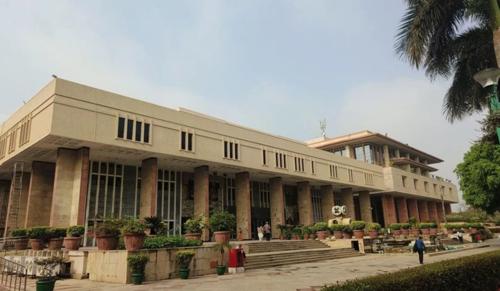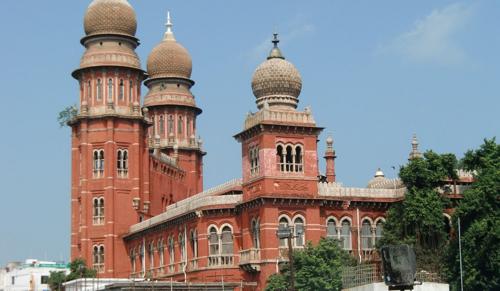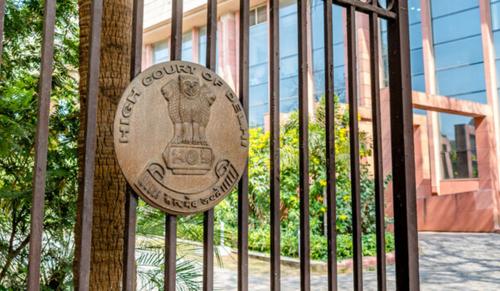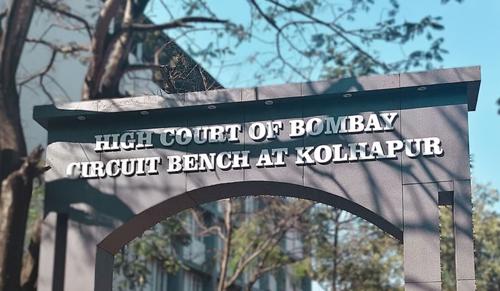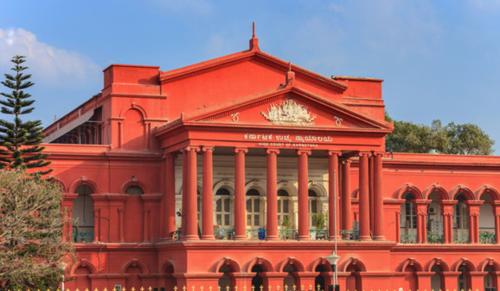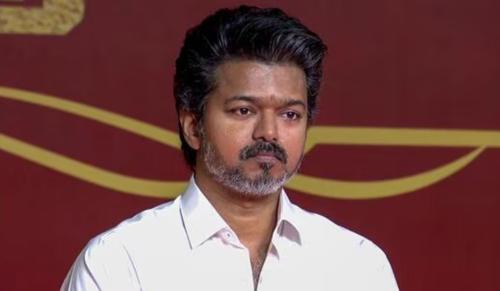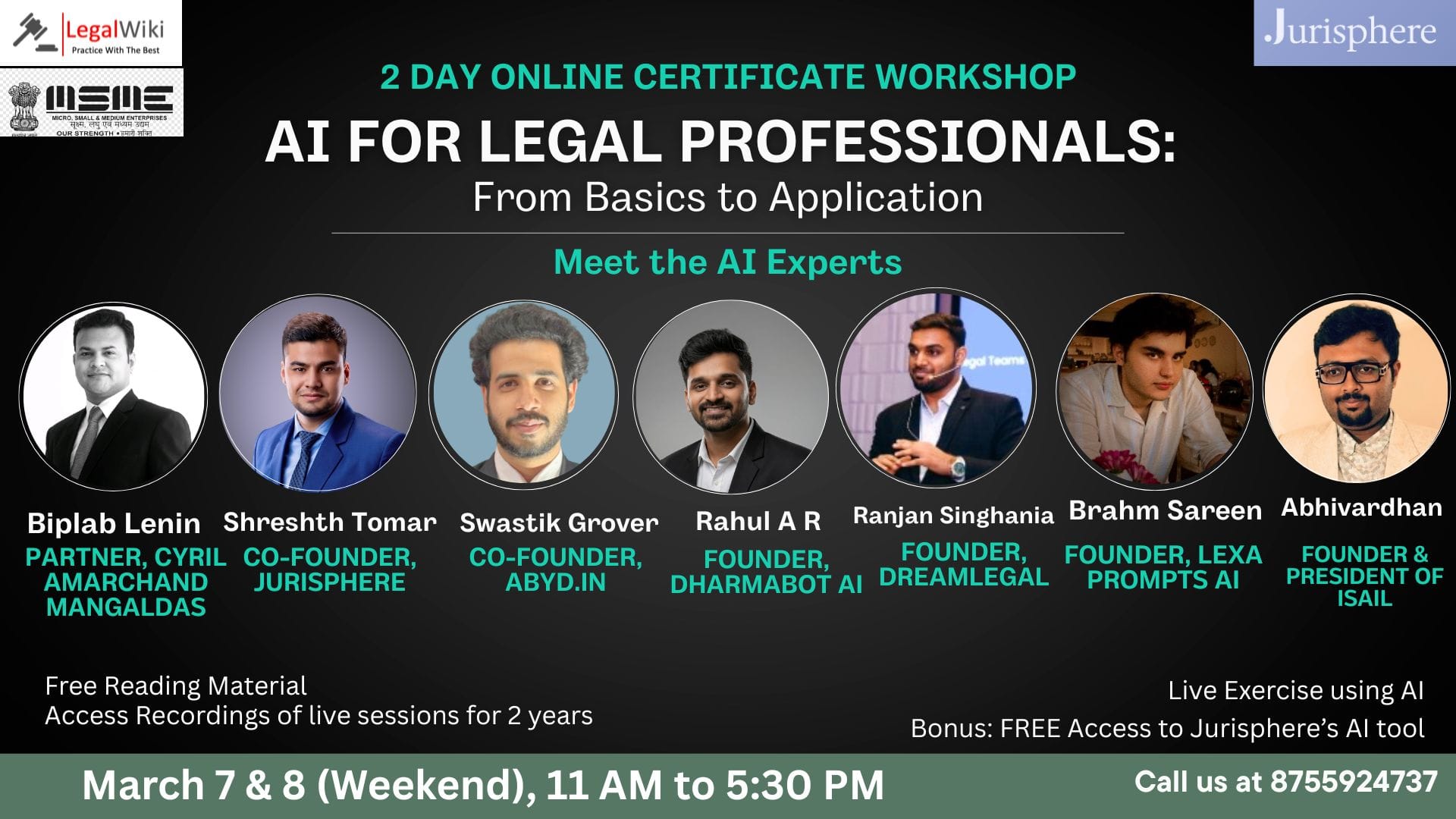The Supreme Court has issued notice on an appeal by the Commissioner of Customs (Appeals) challenging a decision of the Customs Excise and Service Tax Appellate Tribunal, New Delhi, which held that Customs officers cannot alter the Free on Board (FOB) value agreed between buyer and seller.
A Bench of Justices Pamidighantam Sri Narasimha and Alok Aradhe tagged the matter with a connected appeal.
The Tribunal had ruled in favour of Jayanthah Trading Company, observing that the Customs Act 1962 does not empower officers to modify transaction value, and export incentives linked to FOB cannot be recalculated on a re-determined figure.
The Revenue has challenged this view before the apex court.
